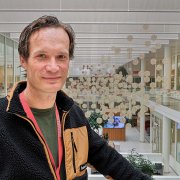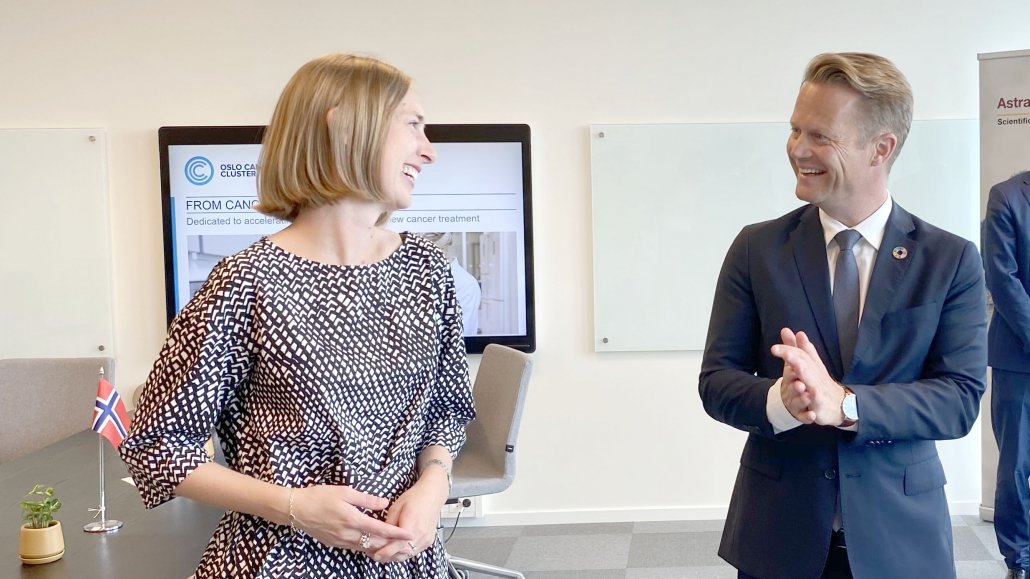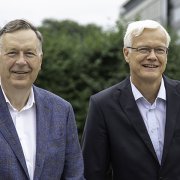Accelerating cancer research with data sharing
A new Norwegian technology enables cancer researchers to share data across research groups, institutions and country borders in order to faster reach new discoveries.
This is the story about a group of Norwegian researchers who got tired of the difficulties when collaborating across different hospitals. They decided to develop their own digital platform where research data can simply and safely be uploaded, shared and analysed across the globe.
Oslo University Hospital has now signed on to use the solution, called PRJCTS, to conduct nationwide clinical research on patients with the coronavirus.
The unique thing about the Norwegian start-up Ledidi is that the team consists of both doctors and engineers. Einar Martin Aandahl, CEO of Ledidi, is a surgeon with many years of research experience from Norway and the USA.
“We have done research for over 25 years, including in molecular biology, oncology and cancer surgery,” Aandahl explains. “We saw how difficult it was to collaborate on data and therefore we developed the software tool we needed.”
Today, researchers often work in several computer programs and must regularly import or export data. This is both time-consuming and leads to problems concerning data security. Moreover, statistical tools are slow and require previous training.
“We have brought together all the computer programmes that the researchers need into one software solution with a simple user interface,” Aandahl said. “The bridge between medicine and technology has made this possible.”
Aandahl thinks PRJCTS will simplify workflow and improve data security. The data will be kept in a cloud solution, which means it is always accessible from wherever researchers are located.
“This program has the potential to revolutionize how clinical research is conducted,” Aandahl said.
Since the majority of clinical cancer research today is done via multicentre international studies, it requires that different institutions can work together and share data securely. Moreover, cancer researchers often depend on large data sets and there is no limit to the scale of the project when using a cloud-based solution.
“The analysis tool is perfect for cancer research. It can perform many complicated analyses in a very short time frame,” Aandahl explained. ”The user interface is designed to help researchers see the larger patterns in the data.”
With the advent of personalized medicine, it is important for cancer researchers to easily identify subgroups in large data sets to tailor treatments for individual cancer patients.
Several prominent investors from the Norwegian finance milieu have already backed Ledidi. For example, Radforsk, the evergreen investment fund dedicated to oncology, recently pledged their support for the company.
“They have developed a product that will be extremely useful for researchers, clinicians and companies. We are happy to support them!” said Jónas Einarsson, CEO of Radforsk.
The agreement with Oslo University Hospital on covid-19 studies means a lot for Ledidi, who are proud that PRJCTS was approved of the hospital’s thorough regulations on data security and data privacy. Now, other clinical research environments have expressed interest in acquiring PRJCTS and Aandahl hopes it will help many more researchers worldwide.
“Our goal is that researchers can collect, analyse and share data faster, so that research can be accelerated and new treatments can be identified quicker,” Aandahl said.













